Hopes were so great that the West ended up accumulating an extraordinary debt.
Forecasts by economists are often wrong. The motive is that in many cases there is an extension of the present. And do not consider the sudden and deep changes. The view of Czech scholar Tomáš Sedláček.

Once upon a time we attributed the gift of prediction to gods, prophets and priests. But today the ability to formulate counterfeit projections is a distinctive mark of the well-known sciences. And among the sciences, what's more than anything else is to deal with the future is the economy.
Contrary to disciplinary colleagues in a somewhat close manner, such as sociology, political science, or law, economists have always been willing to answer with surprise every question about the future. Had a sociologist questioned "when will the race disappear?", Answer it by quoting the exact year, month, day, and hour. Economists have a very dumb stance on the issue.
When the media want to know how much GDP will grow (or inflation, unemployment, euro exchange with the dollar), economists' answers resemble the following: "Do not be stupid. I do not have the crystalline sphere, it is impossible to make predictions, especially in terms of the future (ahah!). however, expect an increase of 2.4% ". So, economists, we are never safe and we never know anything, but our ignorance is surprisingly accurate, with decimal places. There is always something interesting when the beginning and the end of the same expression contradict each other.
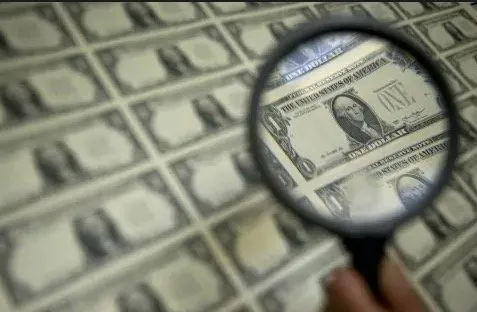
The notorious mistakes of economists have nothing to do with the future, but often the past. They err for simple things - fueling and living prices - and are also fatally unable to predict financial crises. Today, not only are we parting about the causes of the 2008 crisis and the way we could have resolved it quickly, but we are still discussing the cause and how the Great Depression could be overcome nearly 90 years ago.
Let us take real estate market prices. Housing prices should be simple to predict, as demographic data are known in advance and are one of the few security we have for the future. We know how many houses are in construction and therefore we can predict when they will be ready to enter the market. In addition, unlike other goods, there is no alternative to the home. Despite this, the real estate market is an extremely fertile ground for bubbles and speculation.
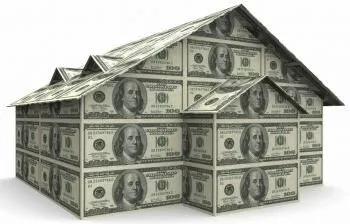
How is it possible? Homes are built on hope. The US subprime real estate bubble, which has caused the 2008 crisis, has been generated by misguided forecasts and accounts and misguided beliefs about the future. People and banks were wrongly convinced that in the space of a few years we would be able to afford luxury homes. But banks exist to enable us to live in a home, drive a car, and use household appliances that do not belong to us (through mortgage loans, consumption and leasing credits). We do nothing but bet for the future. When the bank provides a funding, it takes good for our insurances that we will pay in the future. So it gives confidence to a forecast we do, while we trust the expectations of others. It is the same mechanism that money has brought: money was nothing but a kind of payment tool (and in reality it is still).
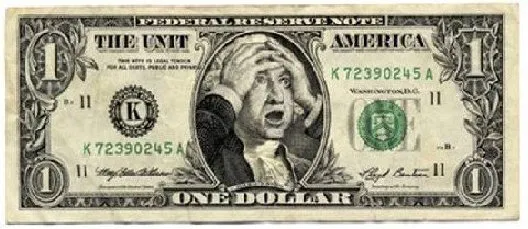
Theology and Physics
Let's go back to the future. Why is the forecasting extremely complicated, despite all the efficient mathematical models we have? If we want to move on to the extreme consequences of this reasoning, we must turn to theology and physics. If we ask a theologian whether there is an all-knowing being able to recognize the future, it will be difficult for us to answer. Regarding the argument, an agreement has never been reached and a problem seems to be open to even the most perfect intelligence that one can imagine. It is a conclusion that is bound to draw who believes in the free disposition of the human being. And in this respect it is interesting to note that religion is not only the heart of Christianity and Judaism but is also rooted in the liberal economy. In the extreme of the counter, we can ask a similar question to a physicist. If we knew the position, speed, and direction of any particular element of the universe, would we be able to predict the future? No. On the one hand, Heisenberg's principle of precision can not be determined (it is impossible to determine precisely and at the same time the position velocity), on the other hand the mathematical theory of chaos (unpredictable variations in initial conditions lead to major variations in the future). Finding what the future reserves us with the degree of accuracy we want is simply impossible.
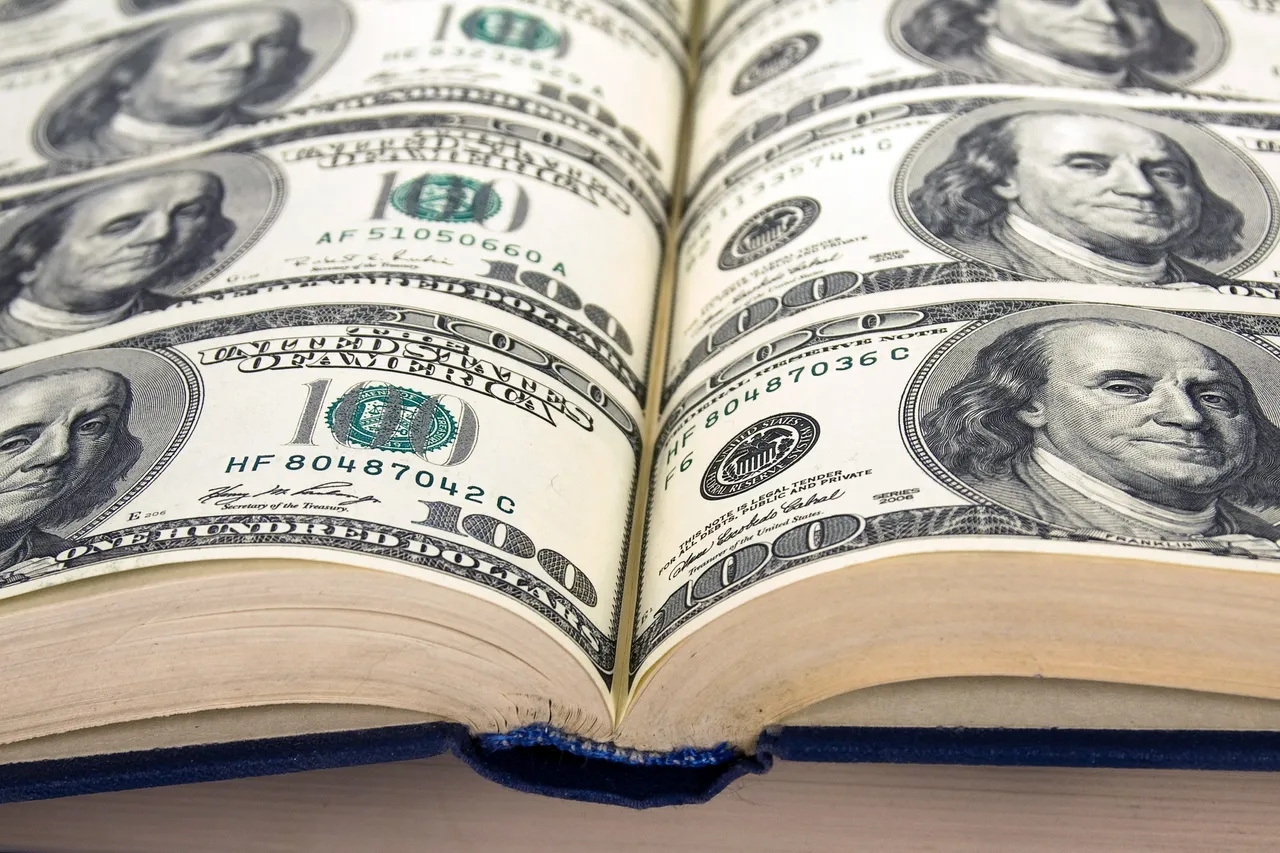
But we economists seem to have forgotten. The most significant book about the argument of the missing economic prophecy is "This Time Is Different: Eight Centuries of Financial Folly" by Carmen Reinhart and Kenneth Rogof. They demonstrate that economists tend to be bipolar: in good times they tend to make very optimistic forecasts, while in bad times they represent a worse future than what is subsequently verified. Economists, who have nevertheless much appreciated the book (published in 2009), do not seem to have drawn great lessons from him. Expectations follow the performance of the economic cycle and usually do nothing but exacerbate it. At best, our predictive models are limited to project future trends in development. Difficulties arise when it comes to predicting variations in tendency. While we can predict the progress of a straight line, we are not able to predict the unexpected turns and the less their effects. Essentially, our model says nothing but this: If the facts correspond to our expectations, then their development will have the performance we expect.
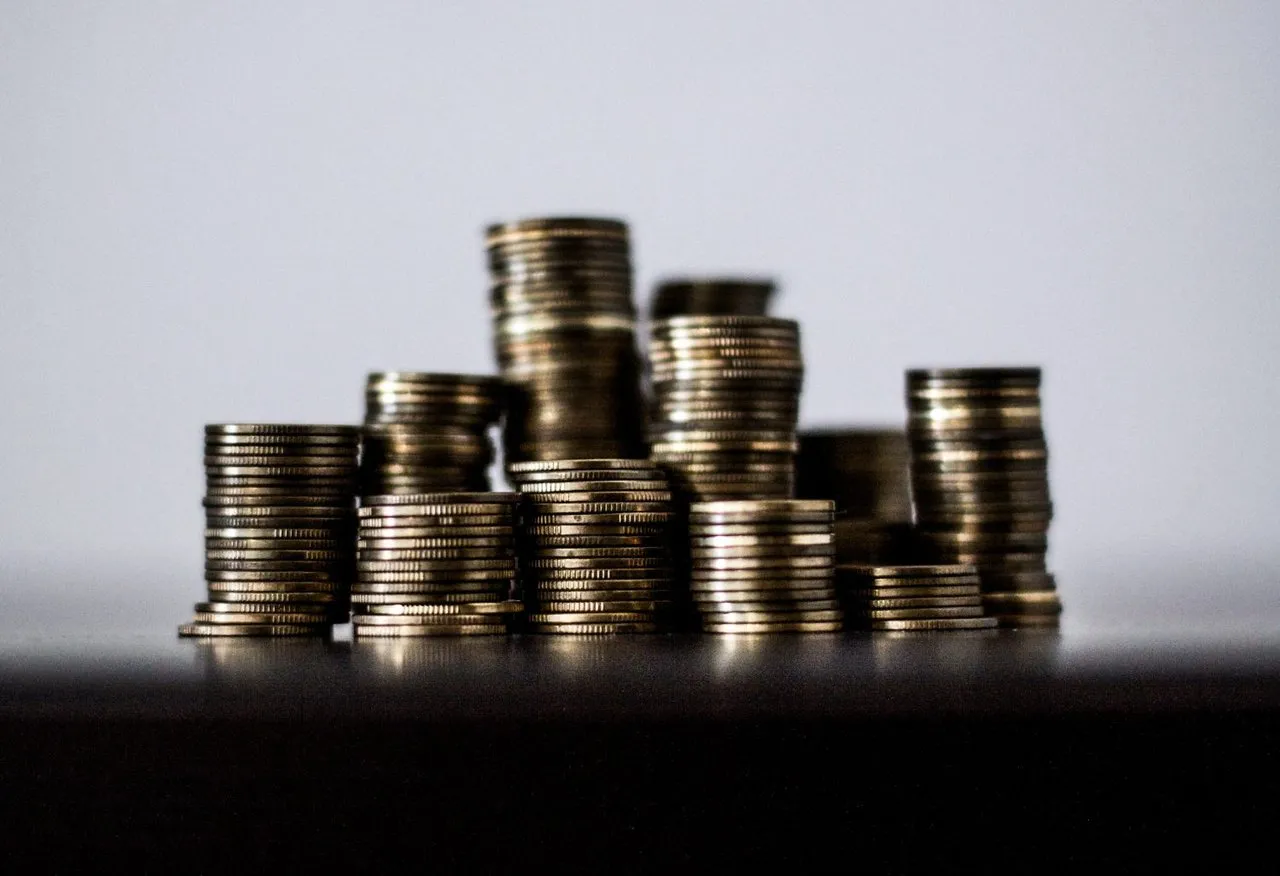
In short, the predictions are not able to capture a basic element: the big changes. This bipolarity is not only found in the forecasts in the limited (microeconomic) areas but also in the alternation between optimism and pessimism for the whole economy (macroeconomic forecasts). Once the economy was known as "gloomy science," as it was characterized by a cold and dark look over the world. But then it has been transformed into a sector full of hope and optimism, with many hopes for the future. The classics have been the ones who have made the economy a gloomy science: enough to think about Englishman Thomas Malthus.
According to him, the economy tends to produce a class of poor workers whose wives are barely able to guarantee their survival. In addition, the population grows in geometric progression, while agriculture is best in arithmetic progression, while fertile land (between 700 and 800, when Malthus lived, the most important capital typology) does not grow at all. It implies that it will not take long, as the earth fails to nurture the population. The fact is that the wealthy will be very few (capital and capital holders, well known, attract other capital) and the poor, in fact, an army. In 1820, when Malthus was about 50, 94% of the population lived in poverty and was starving. Prospects certainly were not pink.
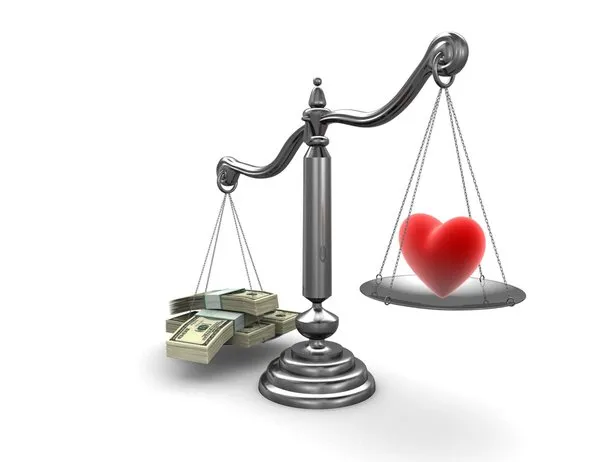
This bleak prophecy was crucial to Karl Marx. In his view, the economic system could not be left abandoned in itself. To counter the hazy developments that expected, a political revolution was needed. History tells us what happened next: in some places the communist utopia had the capitalist reality (often ideal and utopia are more attractive than objective reality, and consequently confrontation is never easy). However, capitalist countries, seemingly destined to death, have experienced a period of well-being, while those countries where it is affirmed highly communist wise communism have been transformed into living hell on Earth (which is now evident from the dramatic difference between both Corps).
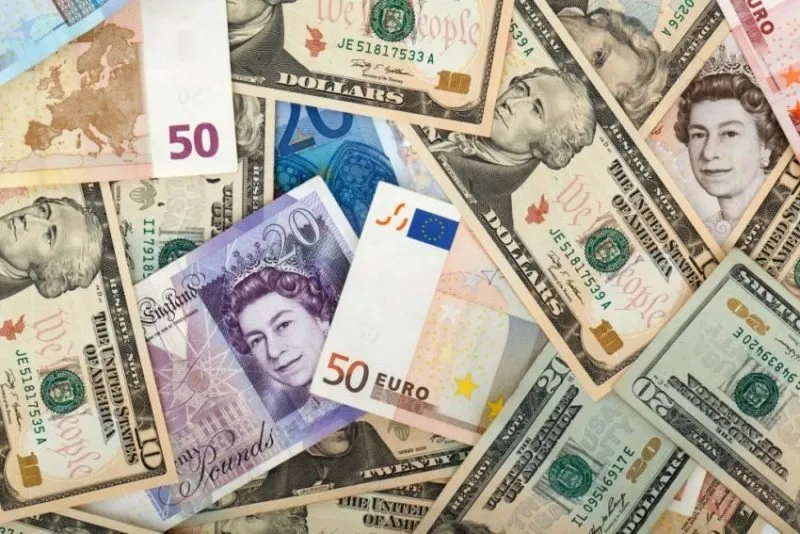
Despite the fact that communism has been a user of radical methods, such as revolution and nationalization, capitalism seems to have been better off in undertaking the realization of prophecy and utopia. Reading the 10 points that Marx proposed in the Manifesto of the Communist Party, it is noted that some essential objectives have already been achieved, not from Eastern communism, but from Western capitalism. In addition, capitalism has succeeded in achieving communist objectives (excluding the nationalization of property and capital) without the fever that characterized communism. It has come to unite the instruments of capitalism with those of democratic socialism.
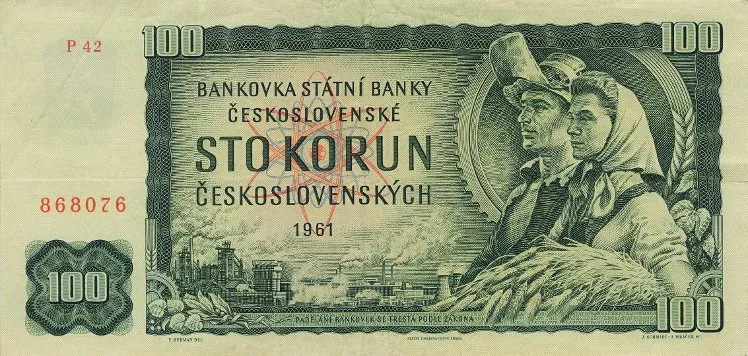
Thus, capitalism has been able to realize communist dreams better than it has not done communism itself. Is it the worst blow that can be given to the communist system? The West has beaten its own weapons. But the economy tends to overestimate its capabilities more and more. From her point of view, post-communism was all about imagining a pink future. On the other hand, the individualization of the best winning system - market democracy - is spoken of "the end of history". In addition, communism has not only collapsed from the frontal clash with the West, but under the burden of its contradictions. The West has enough to sit back and watch. At this point, the economy was left with the task of solving a recent task: to convert the rest of the world into the market and to democracy. During the 1990s, markets and democratization represented the only prospect for whomever wanted to live in peace, prosperity and harmony. And today, especially after the end of the experiment in Greece led by Yanis Varoufakis, things have not changed. Obviously, the alternative left was not able to imagine realistic scenarios, even when it came to power. The left has lost the fight for the future and the communist predictions do not attract more people.

Excessive confidence
For this reason, after the fall of the Soviet bloc, the economy is more than ever convinced of its status as dominant science. According to many economists, it was "the queen of social sciences". So the economic methods are extended to sociology, political science, and jurisprudence. The overwhelming majority of economists were immensely fascinated by the divine character of the "invisible hand of the free market". Economists were quite sure that the market's ability to self-regulate would be ferrying to the future. Excessive confidence existed. The system had so much confidence in itself and hoped to be so optimistic that the West ended up accumulating extraordinary debt. Debts have done nothing but have stimulated further growth and have consolidated the mechanisms, keeping capitalism up. Once the debts are accumulated, creditors and financiers have to believe in the prospect of future profits, they should give the same confidence to the optimistic prophecies. And if these dreams are not realized, bankruptcy comes.
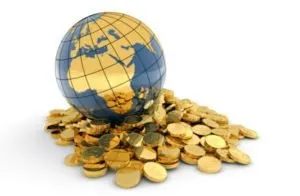
The future has never been exalted at this moment. Robots equipped with artificial intelligence can gain citizenship. It is anticipated that computers will replace human work and seem to be able to accomplish that basic hope that has always characterized the history of mankind: it is tired to provide food. Evolution, so far essentially biological, can be the premise of a digital habitat that human beings are creating at the moment. It may be the dawn of an epochal change: a "transfer" in the true meaning of the people's word to another reality. With one leg we are already inside this dictatorial world. Perhaps even our children will get even more, because our reality may experience the same evolution experienced by the past: once and for all nature was our habitat, and today it has become an attraction to visit occasionally, not we dwell on it. The WINDOWO operating system has been a symbolic product of the imagination of our generation, an ideal construction. The name "window" is absolutely found: The lamp allows us to look at a dichotomous space, though staying in a familiar environment.
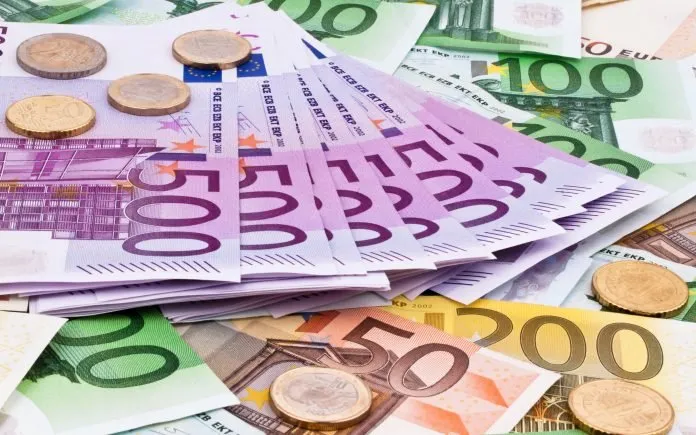
I anticipate that the next step will be something called the doors, doors. We will not be limited to viewing the digital world from a window that opens on our computer screens, we will be directly into it. We will neglect our old world of reality, as we once left behind the forests, where we once again go back as guests, without inhabiting them anymore. And it will be the economy that will drive us to this new world, whether good or bad. What kind of world will it be? It depends on our ability to formulate a credible prophecy, to give life and to show it so that the institutions are ready to welcome it.
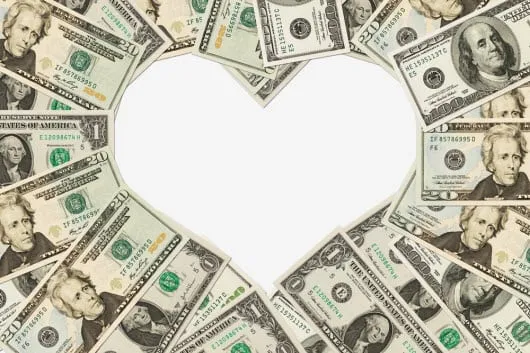
To be known
"Crises and scandals of recent years will not say that the economy is an unreliable science. These things have happened since we ignored what we already knew, "writes John Ioannidis, Professor of Medicine and Statistics at Stanford University in the Los Angeles Times. "Probably the problem is that we trusted the wrong people. For example, many believe that real money field experts are billionaires. In reality, their opinions often ignore scientific evidence and are out of the question of reality. In addition, some politicians have poor preparation in the economy. When leading the Eurogroup, Dutchman Jeroen Dijsselbloem stressed that he had studied Economics at the university, but later was forced to confess that it was not true. " Of course, adds Ioannidis, it can not be denied that many economic studies have been carried out with limited or deformed data, producing wrong conclusions or ignoring meaningful realities. "Fortunately, there are more and more economists seeking to carry out replicable studies by colleagues as well." And many magazines require more transparency for researchers and impose on them to share the data, procedures and software evenly used for processing. "Until recently the economy has suffered severe blows," concludes Ioannidis, "this discipline can still be reliable."

> (Tomáš Sedláček is a Czech economist, from 2001 until 2003 he was Economic Advisor to President Vaclav Havel).

** Follow me @helamia , Upvote , Comment & Resteem if you think more people should see this **
If you like the content Follow me. Thank you, i hope you enjoyed reading and thanks for stopping by. <3

